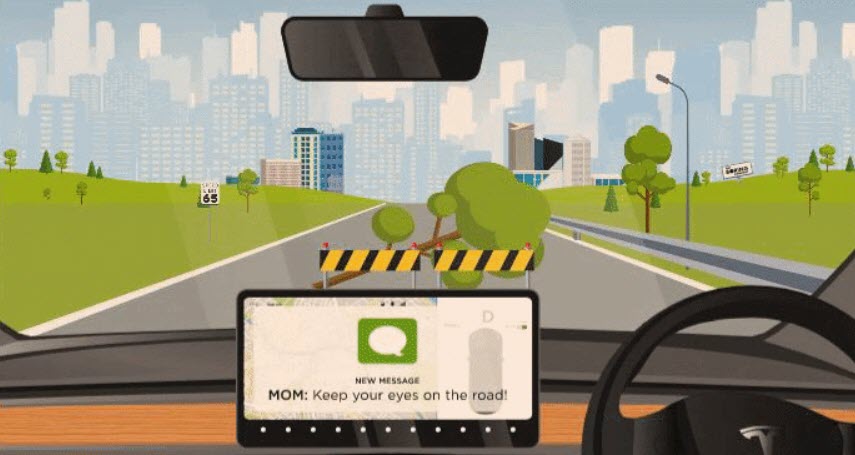To return to the thread subject...if a someone purchases FSD with the intent of unsupervised or even semi-unsupervised driving then they should have their license revoked...because clearly they do not understand the rules.
Tesla’s beta warning is like the referee telling the fighters that they must protect themselves at all times...just because the referee calls break...doesn’t mean that the other guy is listening
But the ref usually calls break when one opponent is no longer able to protect themselves!




